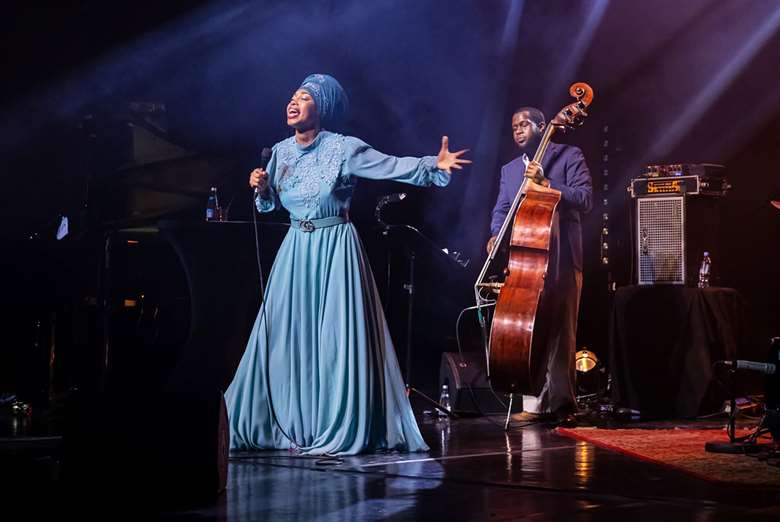Jazzmeia Horn unveils her new summer album’s Songbook at Szczecin Jazz in snowy Poland
Martin Longley
Thursday, March 16, 2023
Martin Longley visits the lesser-known Eastern city that’s just two hours away from Berlin, taking in combos from NYC, Amsterdam and Canarias, as well as the local Polish talents


Register now to continue reading

Thank you for visiting Jazzwise.co.uk. Sign up for a free account today to enjoy the following benefits:
- Free access to 3 subscriber-only articles per month
- Unlimited access to our news, live reviews and artist pages
- Free email newsletter